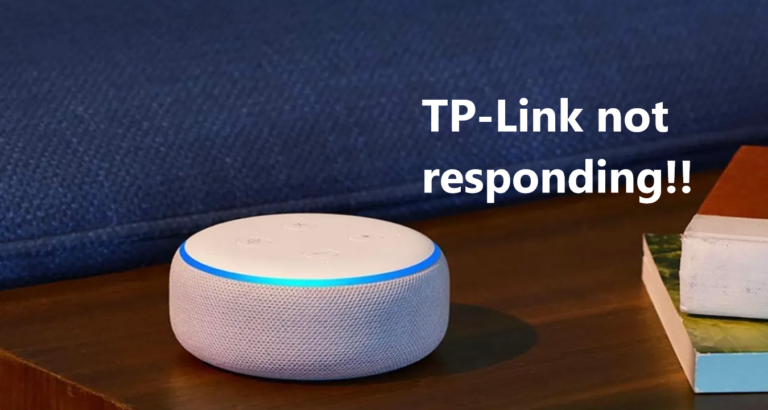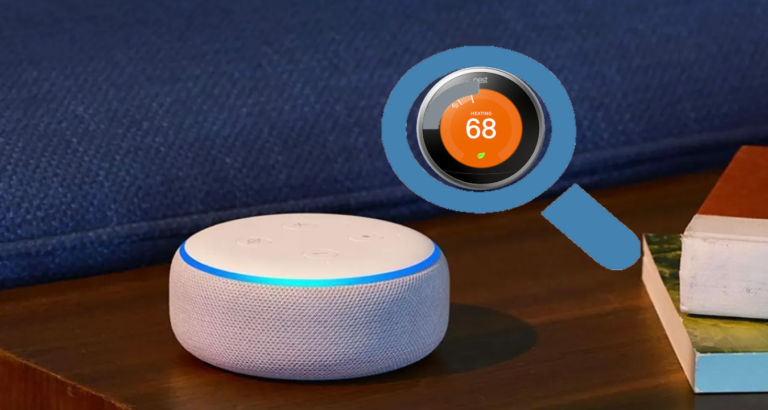Why Does Alexa Come On In The Middle Of The Night?
Have you ever experienced the perplexing situation of waking up in the middle of the night, only to hear Alexa, the voice assistant, responding to a question or carrying out a command without any apparent prompt?
If so, you’re not alone.
Many users have reported instances of Alexa spontaneously activating during nighttime hours, which can be both startling and disruptive.

In this blog post, we will explore the possible reasons behind Alexa’s unexpected wakefulness and delve into some troubleshooting steps to mitigate this issue.
By understanding the potential causes, we can better comprehend and address this occurrence, ensuring a more peaceful and undisturbed night’s sleep.
Environmental Factors
1. Ambient Noise
Alexa’s sensitivity to certain sounds in its surroundings might mistakenly trigger its activation.
High-pitched noises like a car alarm, distant sirens, or even a loud snore can sometimes mimic the wake word or command, causing Alexa to respond unintentionally.
2. Electrical Interference
Electronic devices, power fluctuations, or electromagnetic interference can generate signals that unintentionally trigger Alexa.
These disturbances might be more prevalent at night when there are fewer competing signals.
False Wake Words
1. Similar Pronunciations
Alexa’s wake word recognition system may occasionally mistake words or phrases that sound similar to “Alexa,” such as “Alex,” “Alice,” or “Alexis.”
This misinterpretation can lead to inadvertent activations, especially if someone in the household has a similar-sounding name.
2. Background Conversations
Sometimes, conversations or TV programs that include words resembling the wake word can trigger Alexa’s response.
Although efforts have been made to minimize false activations, occasional occurrences are still possible.
Device Placement and Settings
1. Proximity to Noise Sources
If your Alexa device is placed near sources of noise, such as a television or speaker system, the background audio might inadvertently trigger it.
Consider relocating your device away from such sources to reduce unintentional activations.
2. Echo Spatial Perception
Multiple Alexa devices within close proximity can create confusion if they all hear the wake word simultaneously.
Enabling Echo Spatial Perception in the Alexa app can help minimize such issues by allowing only the closest device to respond.
Network Connectivity
1. Intermittent Internet Connectivity
If your network experiences disruptions or fluctuations during the night, it can affect Alexa’s performance.
These connectivity issues might lead to sporadic wake-word activations or a failure to understand commands.
2. Network Traffic
High network traffic, especially during peak usage times, can cause delays or errors in Alexa’s responses. This can be particularly noticeable during the night when many users are streaming content or accessing online services.
While the spontaneous activation of Alexa in the middle of the night can be disconcerting, understanding the potential reasons behind this occurrence can help alleviate the issue.
By considering environmental factors, false wake words, device placement and settings, and network connectivity, users can take steps to minimize unwanted activations.
It is important to remember that voice assistant technology continually evolves, and manufacturers actively work to improve wake word detection accuracy.
By staying informed and implementing troubleshooting measures, users can enjoy a more peaceful night’s sleep without unexpected Alexa interventions.







